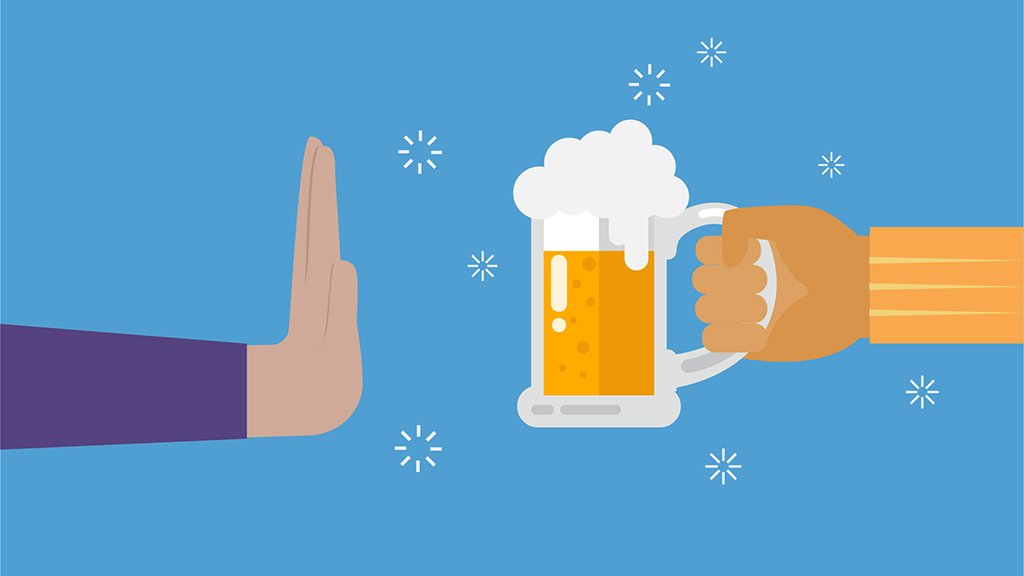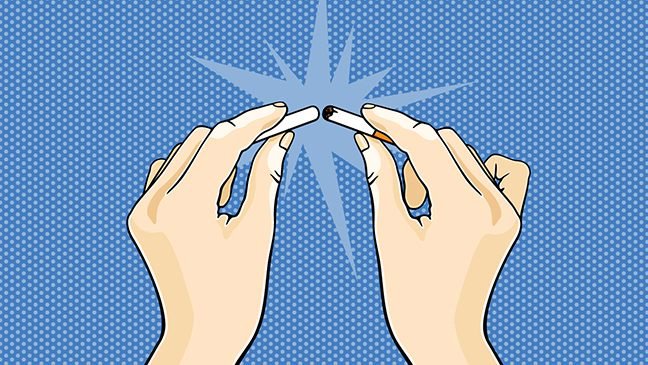- Diseases
- Acoustic Neuroma (16)
- Adrenal Gland Tumor (24)
- Anal Cancer (70)
- Anemia (2)
- Appendix Cancer (18)
- Bile Duct Cancer (26)
- Bladder Cancer (74)
- Brain Metastases (28)
- Brain Tumor (234)
- Breast Cancer (726)
- Breast Implant-Associated Anaplastic Large Cell Lymphoma (2)
- Cancer of Unknown Primary (4)
- Carcinoid Tumor (8)
- Cervical Cancer (164)
- Colon Cancer (168)
- Colorectal Cancer (118)
- Endocrine Tumor (4)
- Esophageal Cancer (44)
- Eye Cancer (36)
- Fallopian Tube Cancer (8)
- Germ Cell Tumor (4)
- Gestational Trophoblastic Disease (2)
- Head and Neck Cancer (14)
- Kidney Cancer (130)
- Leukemia (342)
- Liver Cancer (50)
- Lung Cancer (286)
- Lymphoma (278)
- Mesothelioma (14)
- Metastasis (30)
- Multiple Myeloma (100)
- Myelodysplastic Syndrome (60)
- Myeloproliferative Neoplasm (6)
- Neuroendocrine Tumors (16)
- Oral Cancer (102)
- Ovarian Cancer (178)
- Pancreatic Cancer (160)
- Parathyroid Disease (2)
- Penile Cancer (14)
- Pituitary Tumor (6)
- Prostate Cancer (150)
- Rectal Cancer (58)
- Renal Medullary Carcinoma (6)
- Salivary Gland Cancer (14)
- Sarcoma (238)
- Skin Cancer (300)
- Skull Base Tumors (56)
- Spinal Tumor (12)
- Stomach Cancer (66)
- Testicular Cancer (28)
- Throat Cancer (92)
- Thymoma (6)
- Thyroid Cancer (100)
- Tonsil Cancer (30)
- Uterine Cancer (86)
- Vaginal Cancer (18)
- Vulvar Cancer (22)
- Cancer Topic
- Adolescent and Young Adult Cancer Issues (22)
- Advance Care Planning (12)
- Biostatistics (2)
- Blood Donation (18)
- Bone Health (8)
- COVID-19 (360)
- Cancer Recurrence (120)
- Childhood Cancer Issues (120)
- Clinical Trials (628)
- Complementary Integrative Medicine (22)
- Cytogenetics (2)
- DNA Methylation (4)
- Diagnosis (238)
- Epigenetics (6)
- Fertility (62)
- Follow-up Guidelines (2)
- Health Disparities (14)
- Hereditary Cancer Syndromes (128)
- Immunology (18)
- Li-Fraumeni Syndrome (8)
- Mental Health (122)
- Molecular Diagnostics (8)
- Pain Management (62)
- Palliative Care (8)
- Pathology (10)
- Physical Therapy (18)
- Pregnancy (18)
- Prevention (936)
- Research (390)
- Second Opinion (78)
- Sexuality (16)
- Side Effects (616)
- Sleep Disorders (10)
- Stem Cell Transplantation Cellular Therapy (216)
- Support (408)
- Survivorship (328)
- Symptoms (182)
- Treatment (1788)
Tobacco cessation study helps LGBTQ+ community members quit smoking
BY Meagan Raeke
3 minute read | Published July 14, 2021
Medically Reviewed | Last reviewed by an MD Anderson Cancer Center medical professional on July 14, 2021
As a former competitive CrossFit athlete, Katherine Norman sees herself as a healthy person. Over the last year, she also saw herself as a smoker.
“During the pandemic, I reverted to old coping skills, like smoking,” she says. “I had this cognitive dissonance because I thought of myself as a healthy person and, at the same, I was smoking up to a pack a day.”
She recently quit smoking with the help of tobacco cessation study at MD Anderson. Now, she’s looking forward to entering her 30s smoke-free and healthier than ever.
Smoking to cope with COVID-19 pandemic stress
When Houston restaurants closed due to the COVID-19 pandemic in March 2020, Katherine was unable to work and had to deal with sudden fear and uncertainty about when she’d be able to return to her job. The fact that she recently moved and her girlfriend worked as a travel nurse added to Katherine’s anxiety. With gyms closed and social distancing in full effect, her healthy outlets were limited, too.
“I’d wake up every day with anxiety in the pit of my stomach, thinking, ‘Am I going to have a job to go back to? How long is this going to last?’” Katherine says. By the time her restaurant re-opened in June 2020, she was smoking more than ever and struggling to quit.
LGBT tobacco disparities
Although Katherine first began smoking intermittently in high school, she never considered herself a regular smoker until the pandemic.
“My mother and grandmother were smokers, so cigarettes were definitely around the house growing up,” Katherine says. “I started smoking to deal with depression and anxiety from not knowing how to deal with being a lesbian in a Christian home.”
Studies have shown that the LGBTQ+ community is disproportionately affected by tobacco and that LGB female youth are more than three times as likely to smoke as straight females. The smoking cessation study Katherine joined at MD Anderson, called Project On-Track, was designed with tobacco disparities, including the LGBTQ+ community, in mind, to look at how different factors affect stress and smoking.
“I remember wanting to escape my feelings and not knowing how to manage them,” Katherine says. “Smoking was my way of regulating myself.” Eventually, Katherine found other outlets, like competitive CrossFit, that helped her smoke less.
Multiple quit attempts in the face of nicotine addiction
As businesses reopened, Katherine worked to return to healthier habits. “I’d go to the gym and meditate, so I looked like a person who takes care of herself, yet I was putting this poison in my body and trying to clear it out at the gym,” she says. “I have a lot of willpower, so I’d ask myself why I couldn’t just stop smoking. But it‘s an addiction.”
By the time she saw the advertisement for MD Anderson’s smoking cessation studies, Katherine had already tried to quit several times on her own. For most people, it takes multiple quit attempts and setbacks before successfully abstaining from cigarettes.
Study provides tools to successfully quit smoking
Joining the study gave Katherine free access to nicotine patches (which she decided not use) and virtual behavioral counseling, as well as a stipend for participating. She supplemented the counseling sessions with books and podcasts from leading behavioral scientists to better understand her addiction.
“I started actually paying attention to how cigarettes made me feel, and I realized they’re expensive, they stink, and they make my lungs hurt,” Katherine says. “Cigarettes really just made me feel like crap.”
As she looked toward her 30th birthday this summer, Katherine decided that quitting smoking wouldn’t be the only change she made for her new chapter of life. She started seeing a nutritionist, moved on from a breakup and dealt with other personal challenges.
“The past year was hard on all of us. It showed me the things I struggle with and how surprisingly deep they go,” Katherine says. “I decided to move forward on a lot of things, and being able to articulate that for myself was powerful. The difference with quitting smoking this time is that I was finally ready to be done.”
Learn more about participating in MD Anderson’s smoking and tobacco-related studies.
Related articles
Don’t let COVID-19 stress keep you from quitting smoking

The difference with quitting smoking this time is that I was finally ready to be done.
Katherine Norman
Study participant





